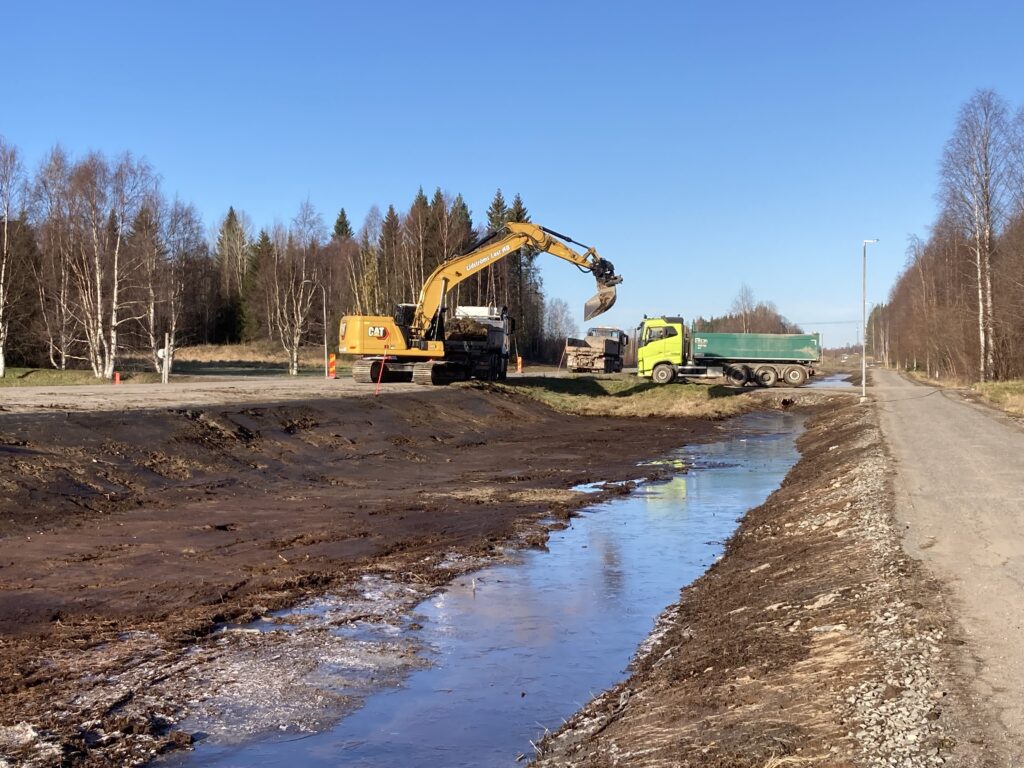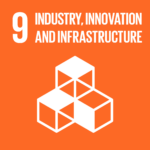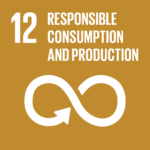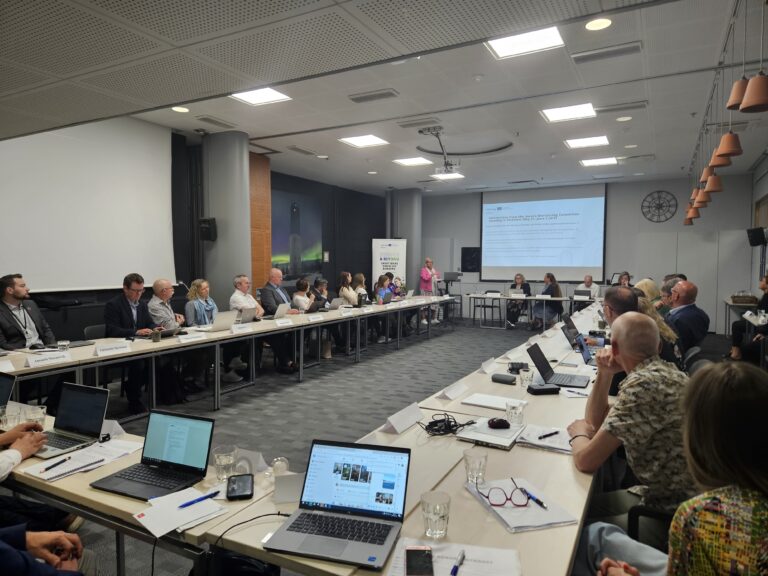Sulfidic soils are a considerable challenge when encountered in infrastructure projects and urban expansion due to poor geotechnical properties and severe acidification when disturbed. The microbiology, geochemistry and soil mechanics of these soils are interconnected and therefore, a multidisciplinary approach is needed to assess the long-term environmental consequences of current management methods of excavated sulfidic soils.
Legislation regarding management of excavated sulfidic soil is complex and hence, can become an obstacle to valorisation of excavated soil. Therefore, there is a need to increase awareness and provide contractors and decision makers with strategies to address permit issues and ensure sustainable projects with a positive and durable environmental effect are not abandoned because of judicial issues.
The aim of the Interreg Aurora funded project MinImpact is to build cross-border best practices regarding the handling of sulfidic soils via the projects cross-border network that uses a mutual transfer of knowledge between the partners and the target group, i.e., permit-granting and supervisory authorities, consultants, municipal urban planning offices, landfill management companies and national transport authorities involved in land development projects. The project partners will provide the knowledge and support needed and the participants in the reference group will provide a practical orientation to ensure that the best practices are tailored to the actual situation. This will bridge the gap between knowledge base and practice and help the decision making by the authorities and support for practitioners to design solutions for and manage sulfidic soil in a more resource-efficient way, i.e., in their arguments to the environmental court and in other permitting processes.
The project activities consist of field experiments with complementary laboratory experiments, where management techniques of sulfidic soils under waterlogged and drained conditions and with different amendments are investigated in order to enhance the existing knowledge base. The project will result in a report on best practices to support authorities and contractors during the permitting process to allow a local and resource efficient management of the excavated soil.
Read more on the project website
Contact: Eva Högfors-Rönnholm – eva.hogfors-ronnholm@novia.fi





